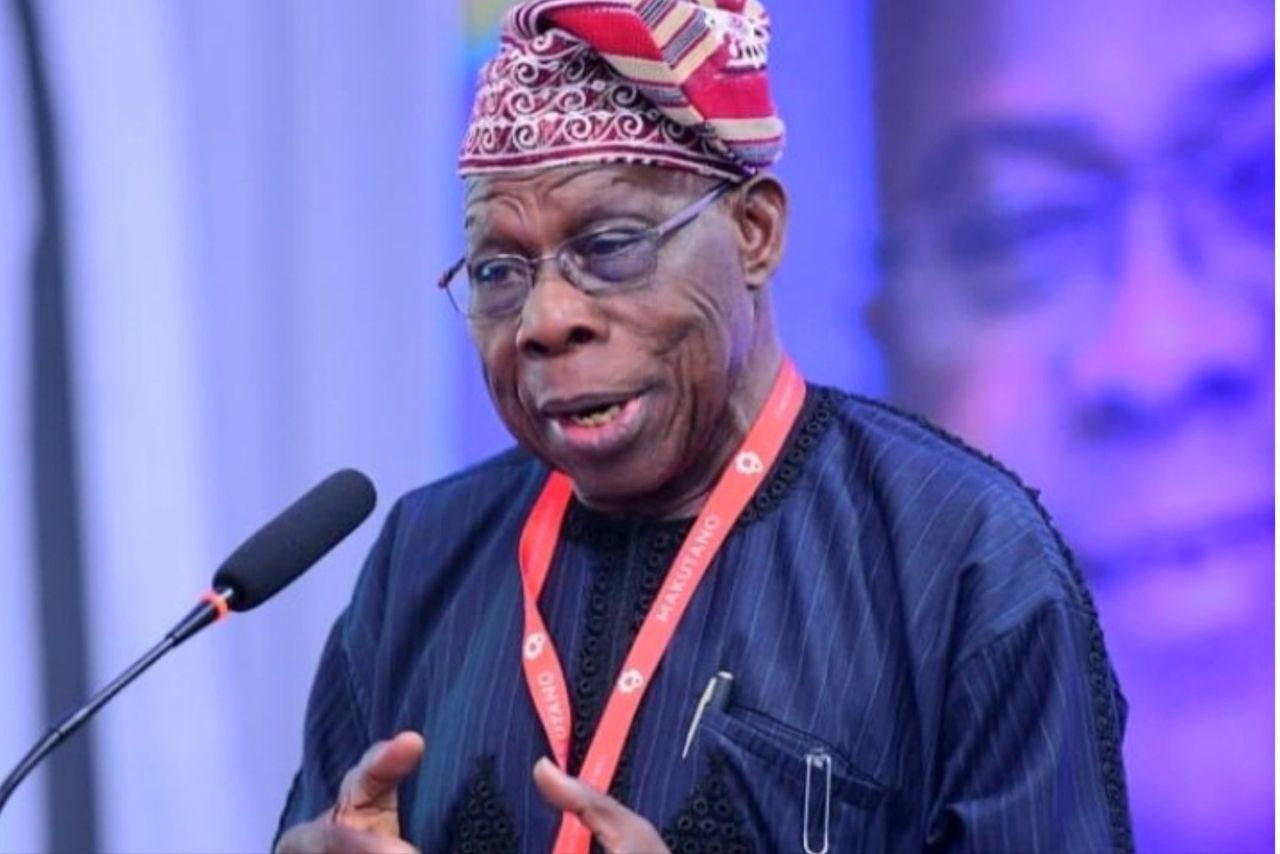Former President of Nigeria, Olusegun Obasanjo, has emphasised the crucial need for enhanced collaboration among policymakers, intellectuals, and industry leaders to drive Africa’s digital growth. At the 15th ICT for Africa conference in Yaoundé, Cameroon, Obasanjo highlighted the importance of cohesive strategies to bridge the digital divide.
He urged policymakers to join educational and industrial sectors, creating a robust framework supporting the continent’s digital transformation and ensuring sustainable development across all economic spheres.
Read also: Nigeria gets 7th in internet speed among African countries
Commending ICT University of Cameroon’s Impact in Africa
In his keynote address, Obasanjo lauded the ICT University of Cameroon for its pivotal role in spearheading the IT revolution in Africa. He attributed the university’s leadership in digital transformation and its contribution to bridging the gap between Africa and the global IT landscape. Obasanjo expressed his gratitude to Professor Victor Mbarika, the driving force behind the ICT University, for his unwavering efforts to address the digital divide.
“Victor Mbarika did not wait for solutions to appear, nor did he seek to assign blame,” Obasanjo observed. “Instead, he took proactive steps to find solutions, establishing the ICT University based on a US curriculum and organising the annual ICT for Africa conference to bridge the digital gap.”
Obasanjo Highlights Lessons from Nigeria’s Digital Transformation
Obasanjo described the conference as a significant catalyst for the ICT revolution in Africa, bringing together intellectuals, researchers, industry leaders, and policymakers to collaborate on innovative policies and strategies. He emphasised the importance of such collaborations in evolving policies, strategies, businesses, products, and programs that will bridge the digital gap between Africa and the rest of the world.
From Nigeria’s experience, Obasanjo illustrated how digitalisation transformed the mobile telephone sector during his presidency. He noted that Nigeria struggled to achieve half a million telephone lines under analogue systems, but with the advent of digitalisation and the involvement of intellectuals and policymakers, the country saw a rapid increase to almost 50 million mobile telephone suppliers within five years. This digital revolution, he asserted, propelled Nigeria from the “speed of the sun to the speed of light.”
Obasanjo concluded by urging all stakeholders to intensify their efforts to support Africa’s digitalisation drive. He stressed that strategic initiatives are crucial in all business areas, including agriculture, industries, and other economic activities, to ensure the continent’s sustainable development.
“The intellectual and industry sectors are already collaborating,” Obasanjo noted. “I would like to see more active involvement from policymakers to form the third leg of the tripod, ensuring a strong and stable foundation for digital transformation, particularly in Africa, where digital density remains a critical issue.”
The ICT for Africa conference continues to be a high-impact platform, gathering intellectuals, industry experts, and policymakers to discuss and develop strategies to bridge the digital gap and propel Africa into a new era of technological advancement.
